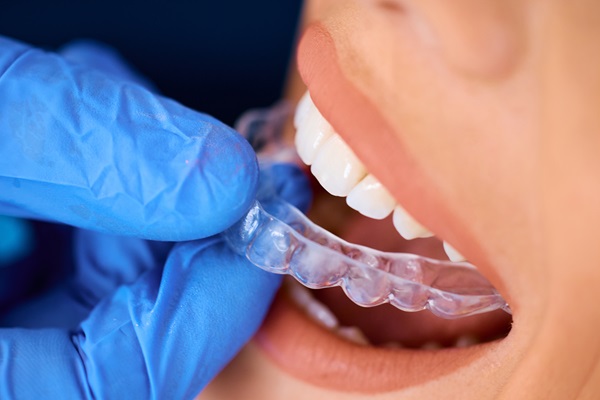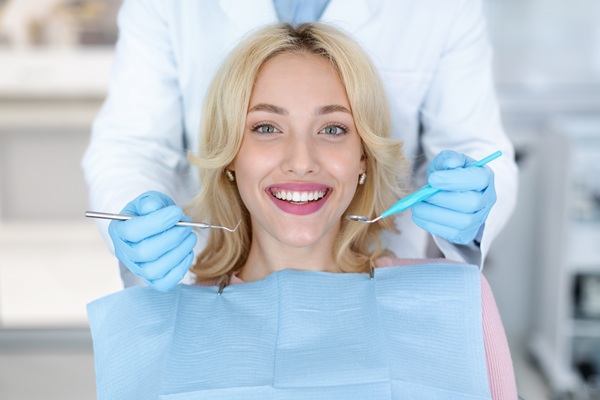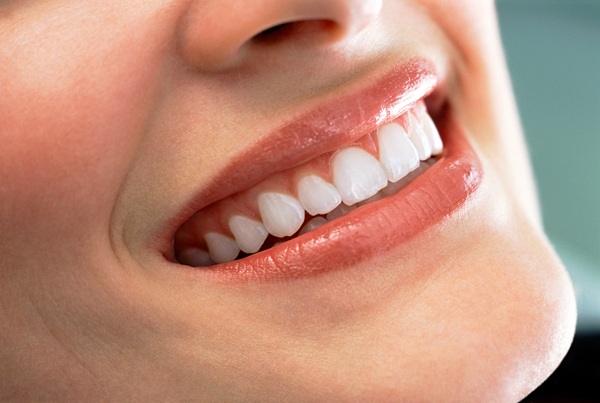When it comes to our oral care, Invisalign has grown in popularity as an oral solution for those who want to align their teeth for a straighter and brighter smile. However, for those who grind their teeth or those who suffer from bruxism, you may wonder whether these aligners will work for you given your condition.
The simple answer? Yes, it is still possible to use Invisalign while grinding your teeth. However, there may be complications for some whose grinding is a bit more severe.
Read on more in this article and see whether Invisalign is a viable option for you!
What is Teeth Grinding?
Bruxism, or teeth grinding, is a condition where people press or grind their teeth, often without realising it, especially while they sleep.
This can cause problems like worn-out enamel, more sensitive teeth, and damage to dental work. It’s important to spot and treat bruxism early to avoid serious dental issues later on.
What is Invisalign?
As explained earlier before, Invisalign is a clear aligner system used to straighten teeth with a series of custom-made, removable trays. These trays slowly move your teeth into place. Unlike traditional braces, Invisalign aligners are less visible and can be taken out for eating and cleaning.
Understanding How Teeth Grinding and Invisalign Affect Each Other
1. Aligners and Teeth Grinding
Teeth grinding can put excessive pressure on the aligners.
While Invisalign aligners are durable, they are not designed to withstand the force of grinding over long periods. This additional stress can potentially cause the aligners to crack or become damaged, leading to delays in your treatment progress.
2. Potential for Treatment Disruption
The pressure from grinding can also affect the alignment process.
For Invisalign to be effective, the aligners must fit snugly over your teeth. If bruxism causes misalignment or damage, it can hinder the treatment’s ability to correctly reposition your teeth.
3. Increased Risk of Tooth Damage
Even if the aligners are not visibly damaged, grinding can still affect the health of your teeth.
Bruxism can lead to enamel erosion and tooth wear, which may complicate the treatment or affect the final results.
How to Know Whether An Invisalign is For You
Before beginning Invisalign treatment, it’s important to talk to your orthodontist or dentist. They will assess if Invisalign is right for you by considering these factors:
1. Severity of Bruxism
The severity of your bruxism will play a significant role in determining if Invisalign is appropriate.
For mild cases, your dentist might proceed with Invisalign but recommend additional protective measures. For more severe cases, alternative treatments or additional interventions might be necessary.
2. Custom Solutions
Your orthodontist may suggest custom solutions to manage bruxism alongside Invisalign treatment.
This could include wearing a night guard to protect your teeth and aligners from grinding. A night guard is a protective device that fits over your teeth and reduces the impact of grinding.
3. Monitoring and Adjustments
Regular monitoring is essential when using Invisalign with bruxism.
Your orthodontist will need to track your progress closely and make adjustments as needed to ensure the treatment remains on track. This might involve more frequent check-ups to address any issues caused by grinding.
The bottomline is, using Invisalign while you grind your teeth is possible but requires careful management. Bruxism can affect how well Invisalign works and may shorten the lifespan of the aligners. To ensure successful treatment, work closely with your orthodontist to monitor your condition and consider additional protective measures.
Though, it is important to note that if your teeth grinding is severe, you might need different orthodontic treatments or extra measures.
Consulting with dental professionals will help you find the best way to handle both bruxism and your orthodontic needs. By tackling these concerns, you can get a healthier, better-aligned smile while reducing the impact of teeth grinding on your treatment.
Ready to Find the Right Solution For You?
While Invisalign treatment is technically possible for individuals who grind their teeth and suffer from bruxism, it is important to note that when it comes to your oral care, dental professionals are more focused on sustainable solutions — making sure we solve your oral problems and uplift the quality of your life for a prolonged time.
With this, Bellevue Hill Dental will be able to work with you, looking into your specific situation to assess your Invisalign viability. And if not, we are more than able to offer sustainable and safe solutions to give you your desired results!
Book a consultation now or call our line at (02) 9158 1530 and we’ll help you with your oral problems today.



